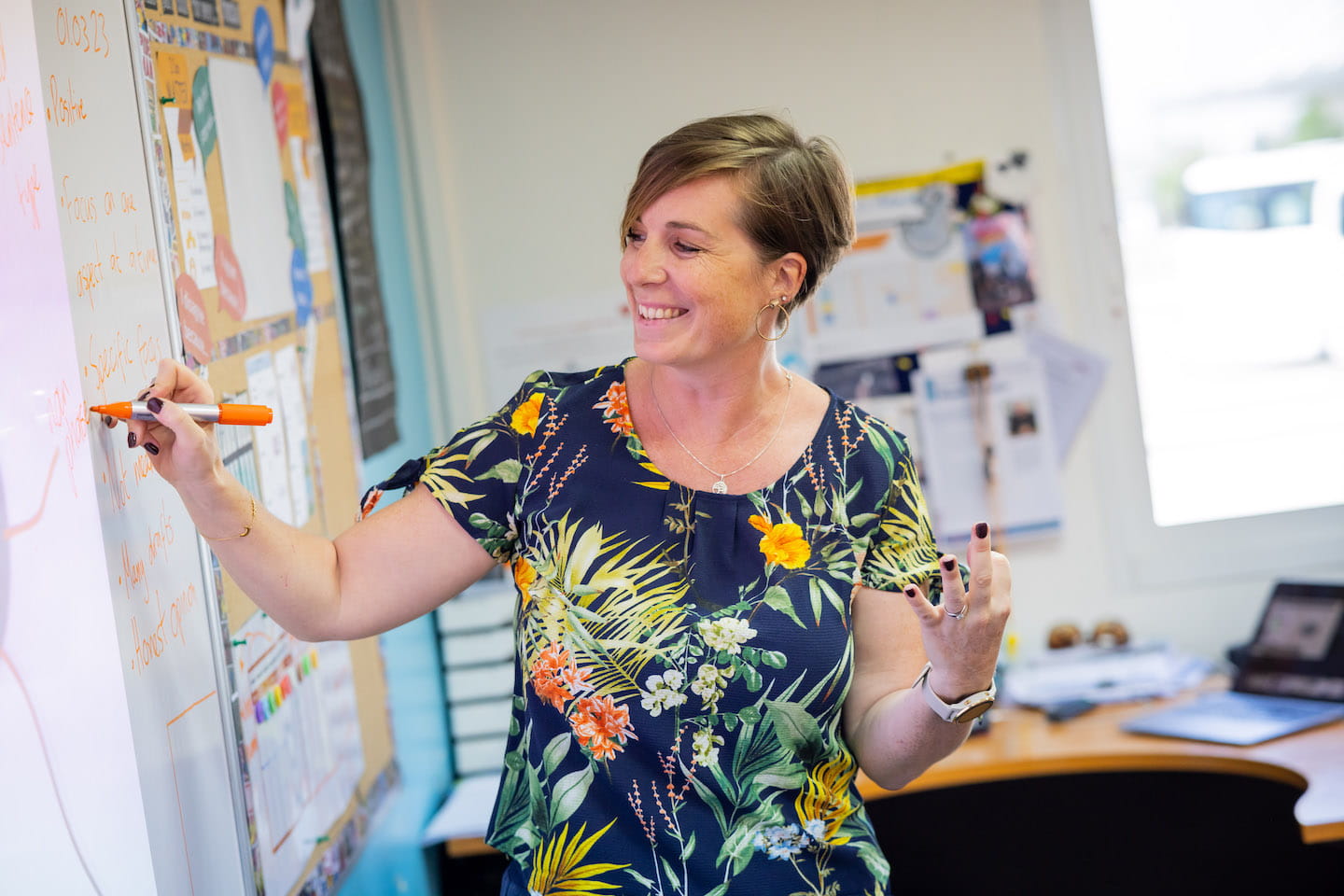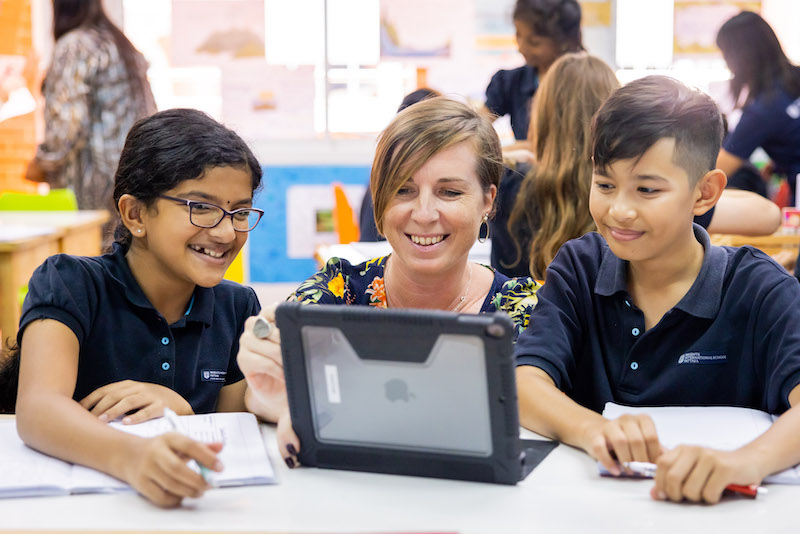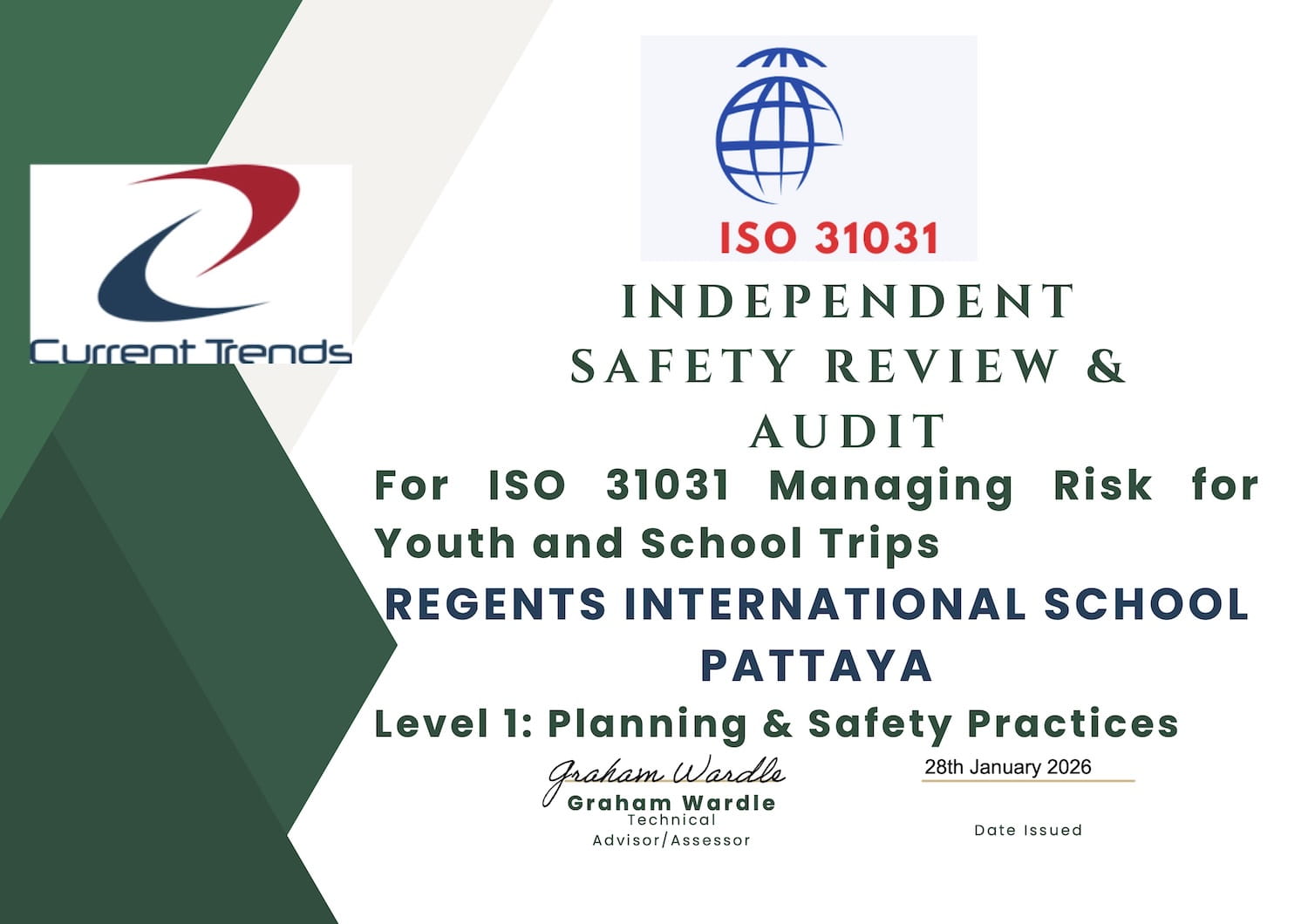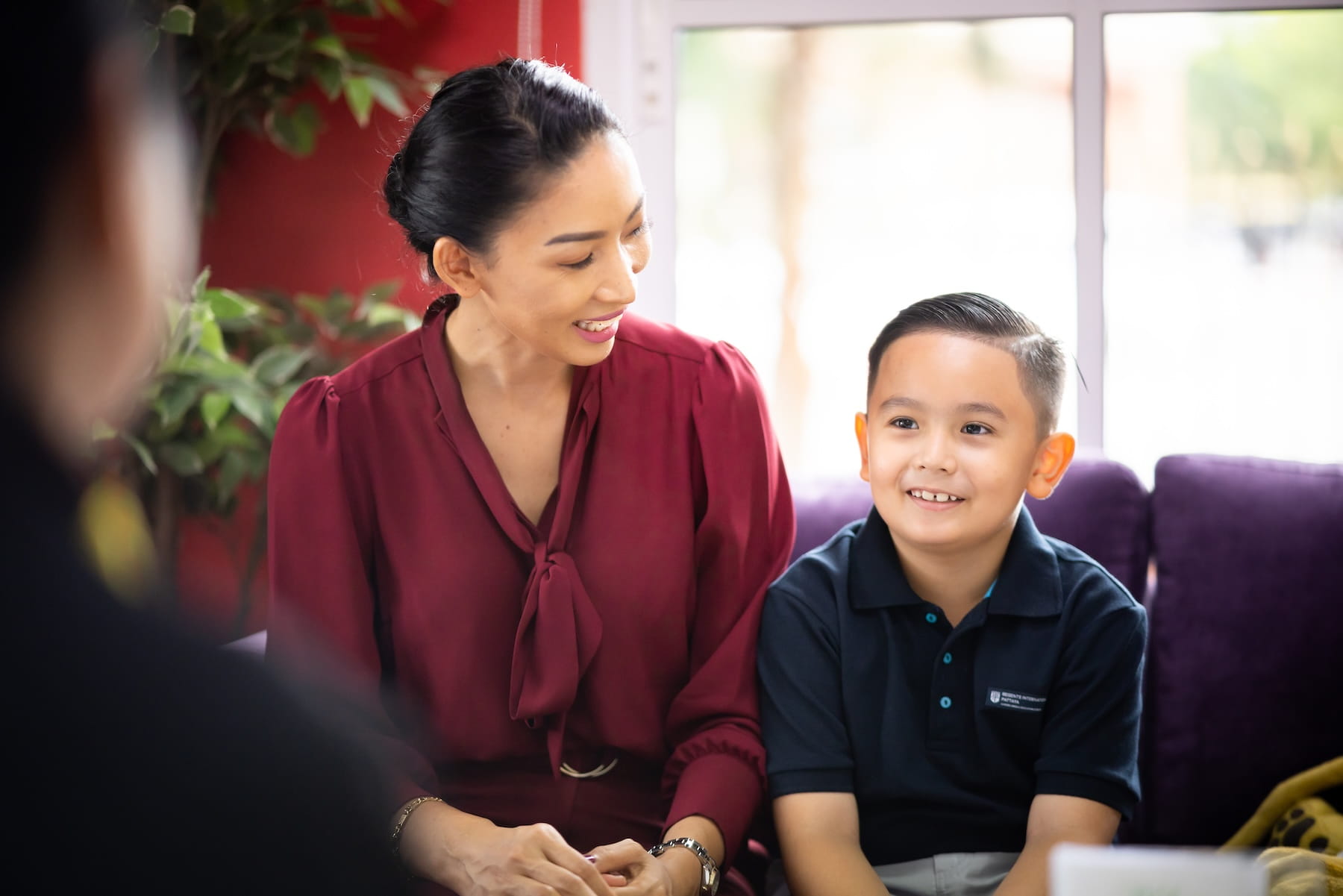The transition into a truly international school for children whose first language isn’t English, can feel challenging. The transition and the acquisition of English language is often facilitated with additional English support at the school to ensure an accelerated English Language Development and a strong sense of belonging.

According to the Council of Europe it takes approximately 1000 – 1200 hours of lessons and supervised study to become highly proficient in a new language. However, it is not only time spent studying and support from expert teachers that will impact on your child’s rate of language development. There are several factors that plays an important role:
• Your child’s first language proficiency
• Your child’s first language and how similar it is to English
• Your child’s age
• Your child’s motivation to learn
• Your child’s willingness to engage (Engagement)
As a parent, there are also things you can do at home to help your child become a more confident English speaker.
So, what can you do to help at home?
• Understand the importance of mother tongue, and speaking and reading in home language: the more proficient your child is in their language the easier they will have to learn English.
• Daily reading in any language: reading is the core of any language acquisition.
• Reading in English at the appropriate level (RaZ Kids, Bug Club): don’t make it too difficult, then they won’t learn.
• Online learning such as Rosetta Stone, Duo Lingo: it’s a fun way for both children and parents to learn and engage together.
• Ask your child to share what new words or vocabulary they are studying in school: this will make your child repeat and practice also after school.
• Watch movies in English or with English subtitles: listening to and reading in English will contribute to your child’s understanding
Find out more about the English as an Additional Language Programme (EAL) at Regents International School here.



.jpeg?h=1060&iar=0&w=1800&rev=af1cdbf0bb834a22ba1f074625177b2f&hash=EA88BFE8376400051EC8E5B083C4569B)


